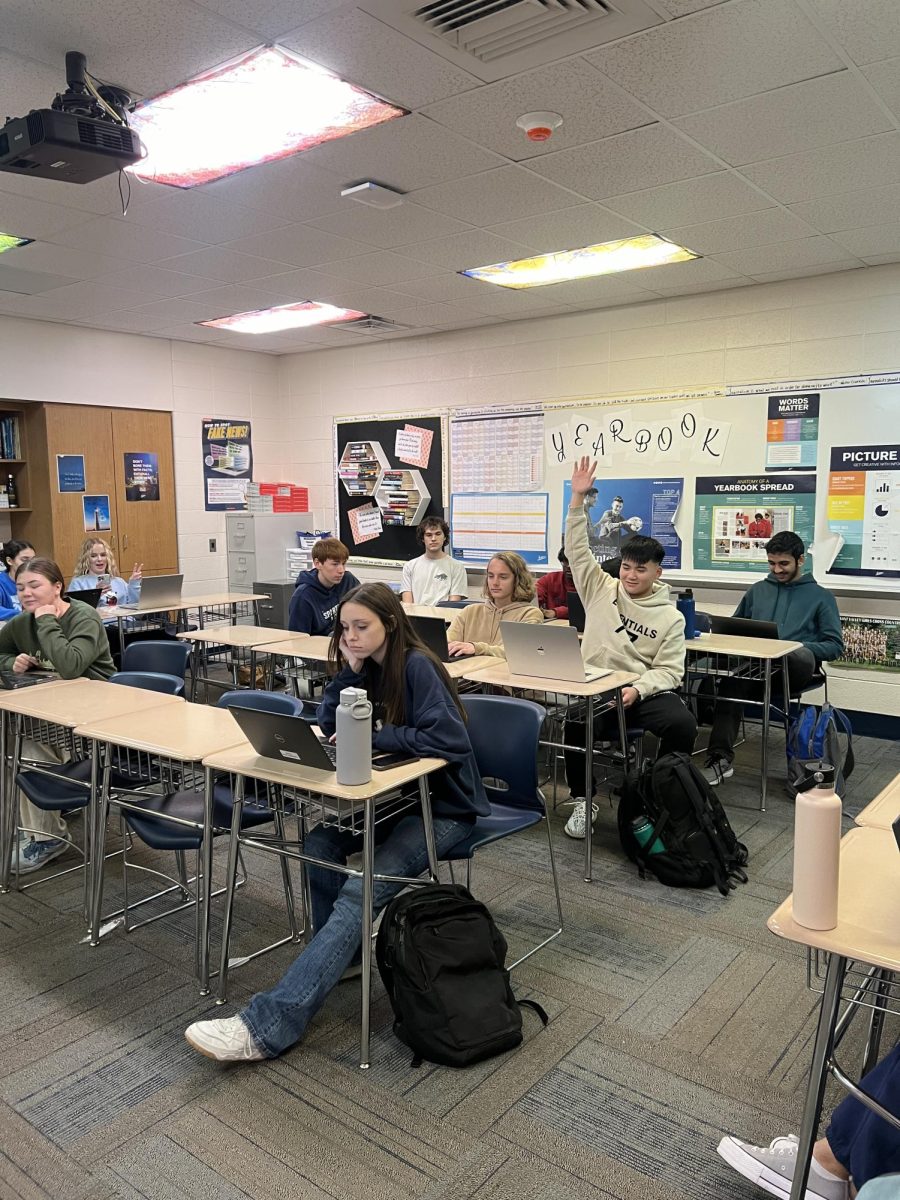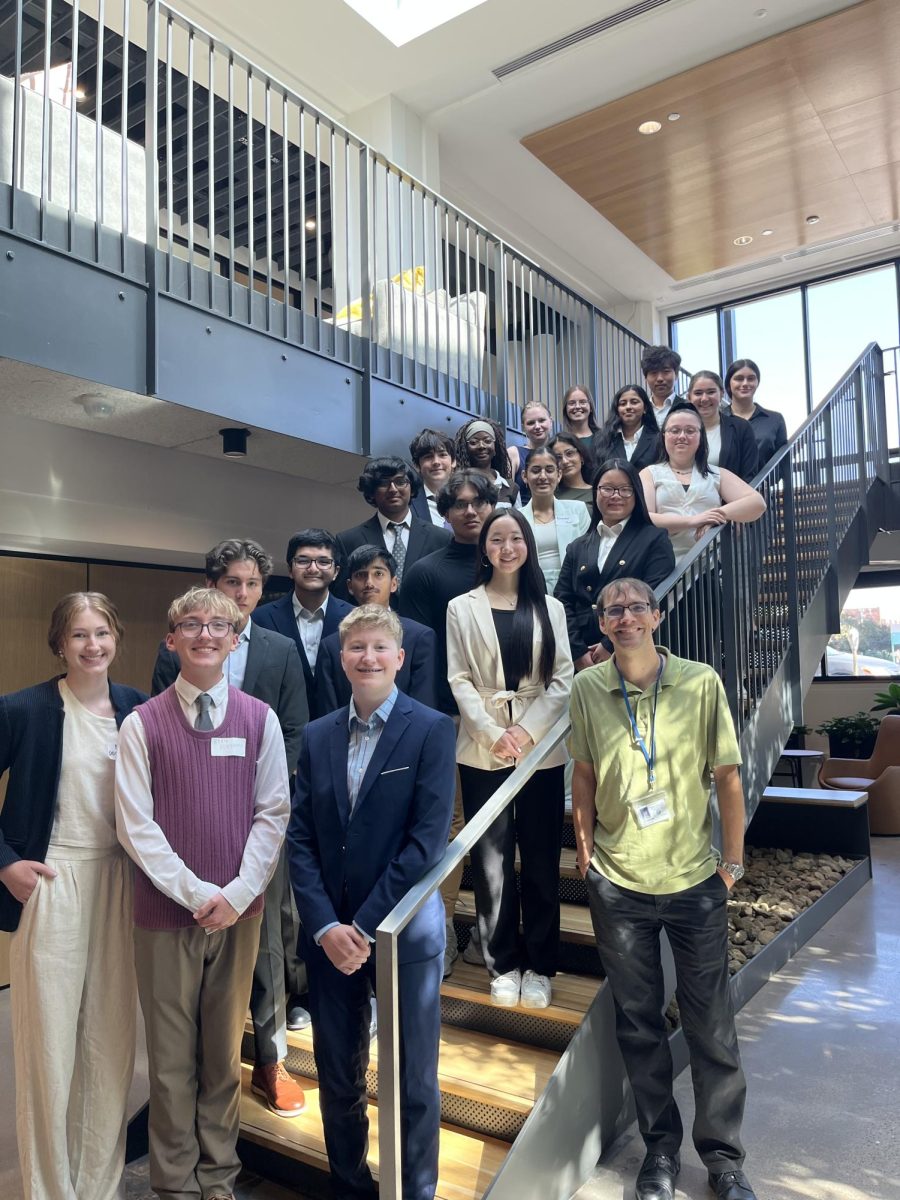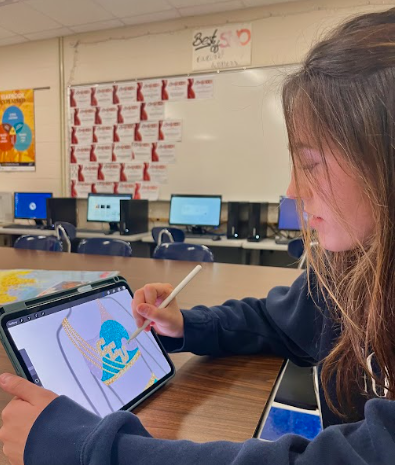With over six million cases and one hundred eighty nine thousand deaths, the United States has been hit harder than any other country with coronavirus infections. The pandemic is undoubtedly affecting nearly every aspect of every day life.
Perhaps one of the most significant differences creating this “new normal” is the way college students return to learn this fall. Students have to take on new precautions and methods of learning to receive the enriching education they paid for, and most importantly:to stay healthy.
One of the most sizable obstacles institutions are facing is the debate of whether students should return to campus and risk their health, or switch to all online instruction and risk having them not return at all. The majority of high school students that were surveyed by the consulting firm McKinsey & Company stated that they would rather postpone enrollment or choose a different college if they had to do online school. More than 80 percent of those surveyed stated they would also want a tuition discount if remote learning was required.
A rapid decrease of enrollment is not the sole cause of colleges’ losses of revenue. Schools are facing major state budget cuts, as well as required spending of millions on protective gear and cleaning supplies. The large decrease of foreign students coming to America to receive education has been a significant problem in the loss of revenue college’s are facing, as these students typically pay full tuition costs. Many campuses have been laying off faculty staff to manage their budgets.
The “return to learn” plan has been an ongoing debate since the initial explosion of corona cases in the United States. Several colleges are utilizing the “hybrid” plan, allowing students to receive some in-person learning and some remote learning. However, new cases are proliferating every day, which has caused a revision of hybrid learning. In fact, some campuses are aborting the method altogether and are returning to full online learning. This switch has recently been growing in popularity.
What does this mean for the future of education? Experts say the pandemic may broaden access to high-level education, as the adaption to remote learning technologies could reduce costs. “CFR’s Edward Alden acknowledges that more online education could bring benefits. However, he warns that shaking up higher education risks ‘cutting off the heart of U.S. economic competitiveness’” (Siriurapu, 12).
Additional funding for schools has been a universal proposal without question. Many higher-education lobbying groups are pushing for aid across the infected country. Whether campuses will ever fully return to the way it was before the onset of COVID-19 cannot be answered. What campuses do know, however, is that they must be conditioned to make the switch of learning methods in the blink of an eye, as the world’s state is changing every single day.










